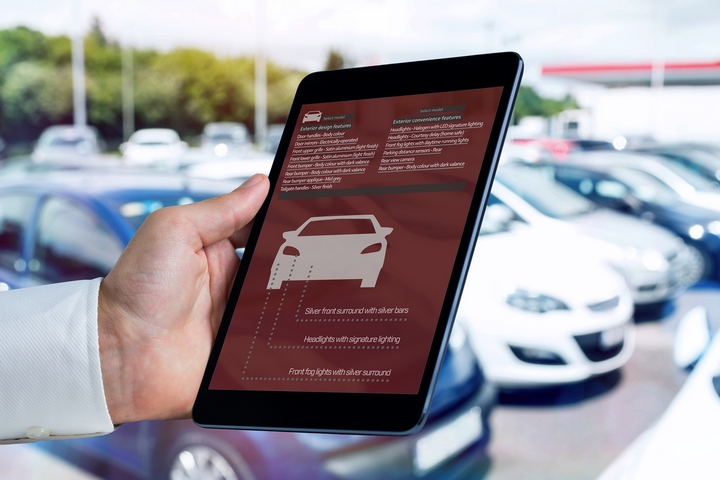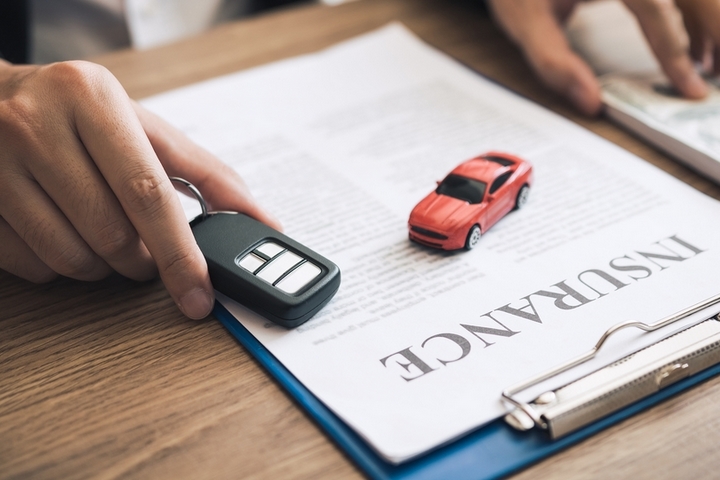Getting a car for the first time can be a very transformative experience. It gives you the freedom to explore at your own leisure, and can be catered to your personal preferences in more ways than one. However, it may be best to also thinking about getting car insurance along with the vehicle purchase.
As a requirement for any driver, getting car insurance insurance can be a tricky situation to properly navigate. This is especially true when you are getting car insurance for the first time. There may be relevant details unique to your circumstances that require consideration. You need to think carefully about the type of car insurance you’re getting.
Prior to buying your vehicle, here are the six best practices when getting car insurance for the first time:
1. Think carefully about what car you’re getting

Before you get car insurance for the first time, you may want to take a closer look at the vehicle you want to buy. That expensive, luxurious vehicle may look great, but may not be worth it as it relates to the cost of insurance. Even if a vehicle’s brand constructs its image around safety, insurance figures may refute that claim.
In some cases, you won’t have to sacrifice style for substance. There are many vehicles on the market that are built on both, and allow for a significantly cheaper insurance plan to be purchased. All it takes is a bit of research before deciding on the most appropriate vehicle that is friendly on insurance costs.
2. Get all the information about the car

In order to validate your status as a first-time insurance buyer, you must have certain, personal information available for inspection. This information will help you expedite the procedure when getting car insurance for the first time. As a result, you will be on the road quicker than anticipated. To begin with, your typical details, such as your date of birth and address, will be needed.
Other relevant information, such as your driver’s license number, will also be required at some stage. As it pertains to the vehicle, you’ll need to provide the Vehicle Identification Number, the mileage, and the make, model and year of the car. Having all of these pieces of information on hand will inevitably help in streamlining the process.
3. Choose between different car insurance plans

Don’t rush into getting car insurance for the first time and just choose any coverage plan that seems acceptable. There are a number of places to potentially purchase your vehicle insurance from. Each of these methods take a varying amount of time, but it is dependent on your circumstances. You can speak to an insurance agent in person, for example, to determine what servicing can be provided.
If you need a preliminary estimate, there are a plethora of websites available that will provide you with an assessment. These approximations can greatly assist you in deciding which route to take before actually purchasing insurance. The best part? They are easy to access, and are generally fast in providing you with car insurance quotes St Catharines.
4. Calculate the costs of the car insurance

Depending on where you live, getting car insurance for the first time may be more expensive than initially expected. This is because auto insurers raise premium costs as it pertains to risky drivers on the road. Since you are a first-time insurance buyer, and have no prior experience to go off of, you’ll have to consider these extra costs.
Building a steady driving record overtime will help in lowering these premium costs. However, there may be other options available to do this in the present moment, such as taking voluntary driving courses. Always speak to an insurance agent to discuss your budget, in accordance with the proposed costs of insurance and relevant premiums.
5. Familiarize yourself with the relevant laws

Getting familiar with car insurance laws is critical, especially when you are getting car insurance for the first time. As the laws for regions may differ, it is important to familiarize yourself with the rules pertaining to your location. However, most laws will require you to have liability coverage in some fashion before getting on the road.
This type of coverage is designed to protect you, should you injure or damage a third party while in a motor vehicle. It is also vital to know that full liability coverage may also cause your premiums to increase as well. As is the case with your budget, speak to an expert if you need assistance in understanding the full extent of these laws.
6. Research about getting the best car insurance rates

Research is the most important part about getting car insurance for the first time. It’s pivotal to get estimations on insurance rates from multiple agents or companies. Don’t feel like you’re boxed into a corner with one quote; there’s always a chance to get a lower rate from a different insurer. When it comes to first-time car insurance, a great deal may reveal itself when you search hard for it.
Understanding car insurance, especially as a first-time buyer, can be a challenging procedure. However, it may just be harder on the surface than it actually is. Always make sure you are fully informed before making the leap. That way, you’ll feel comfortable with both your finances, as well as being on the road.




